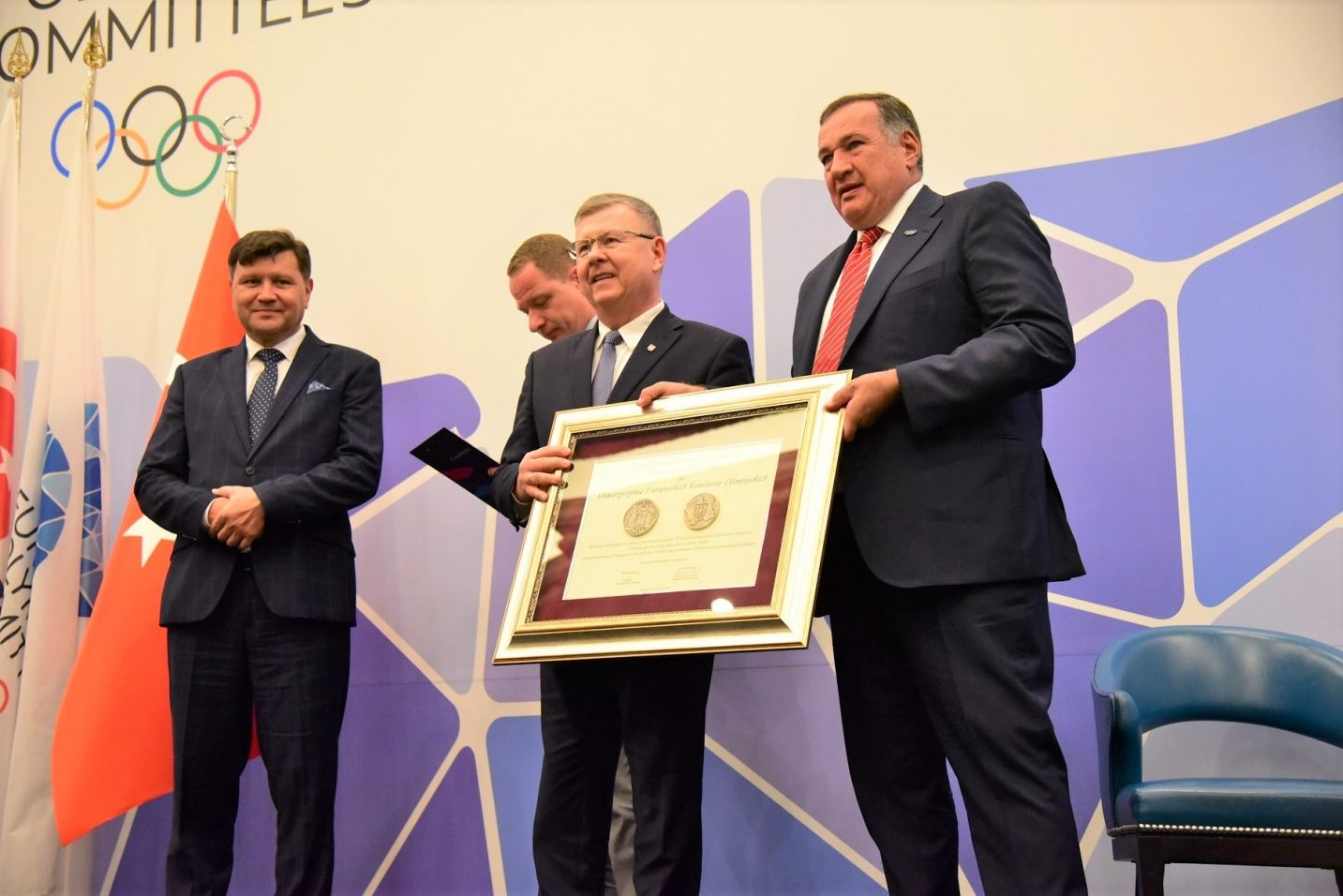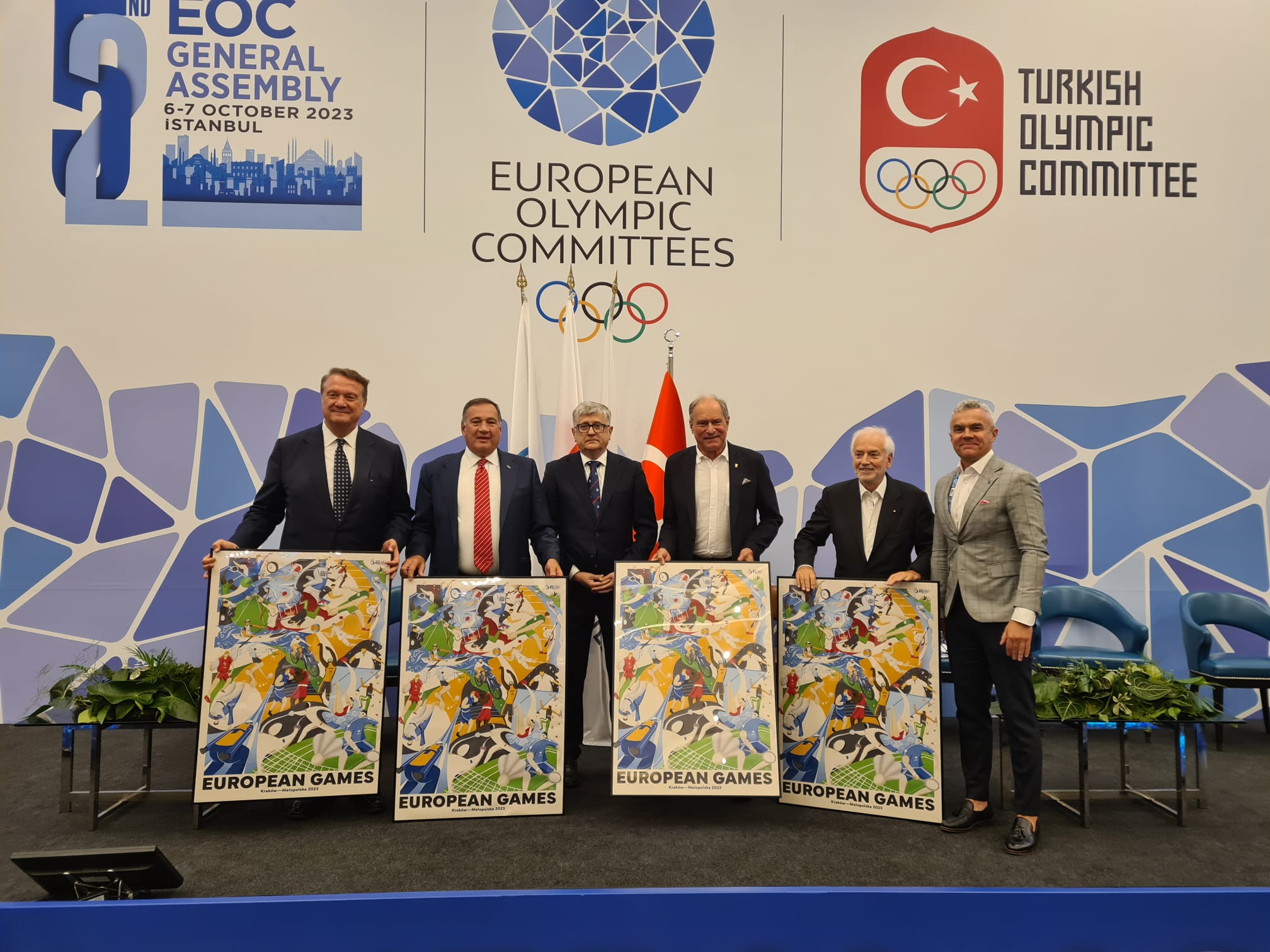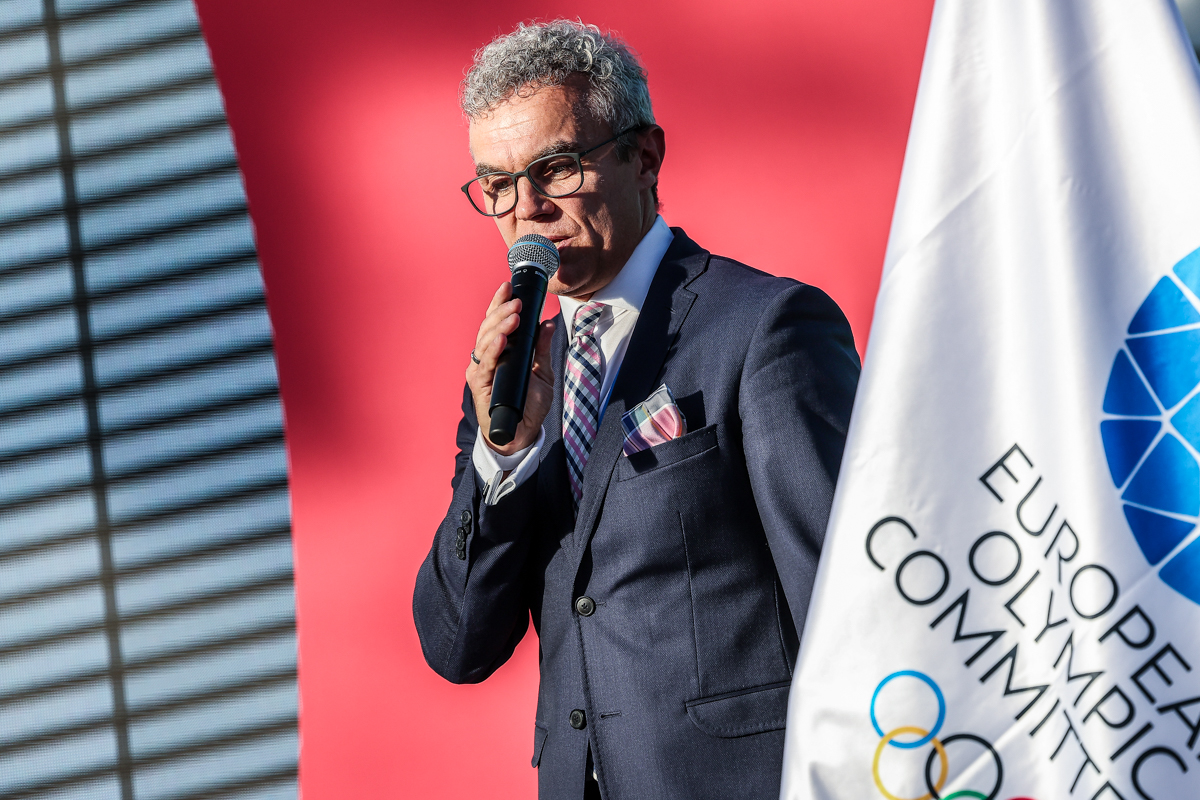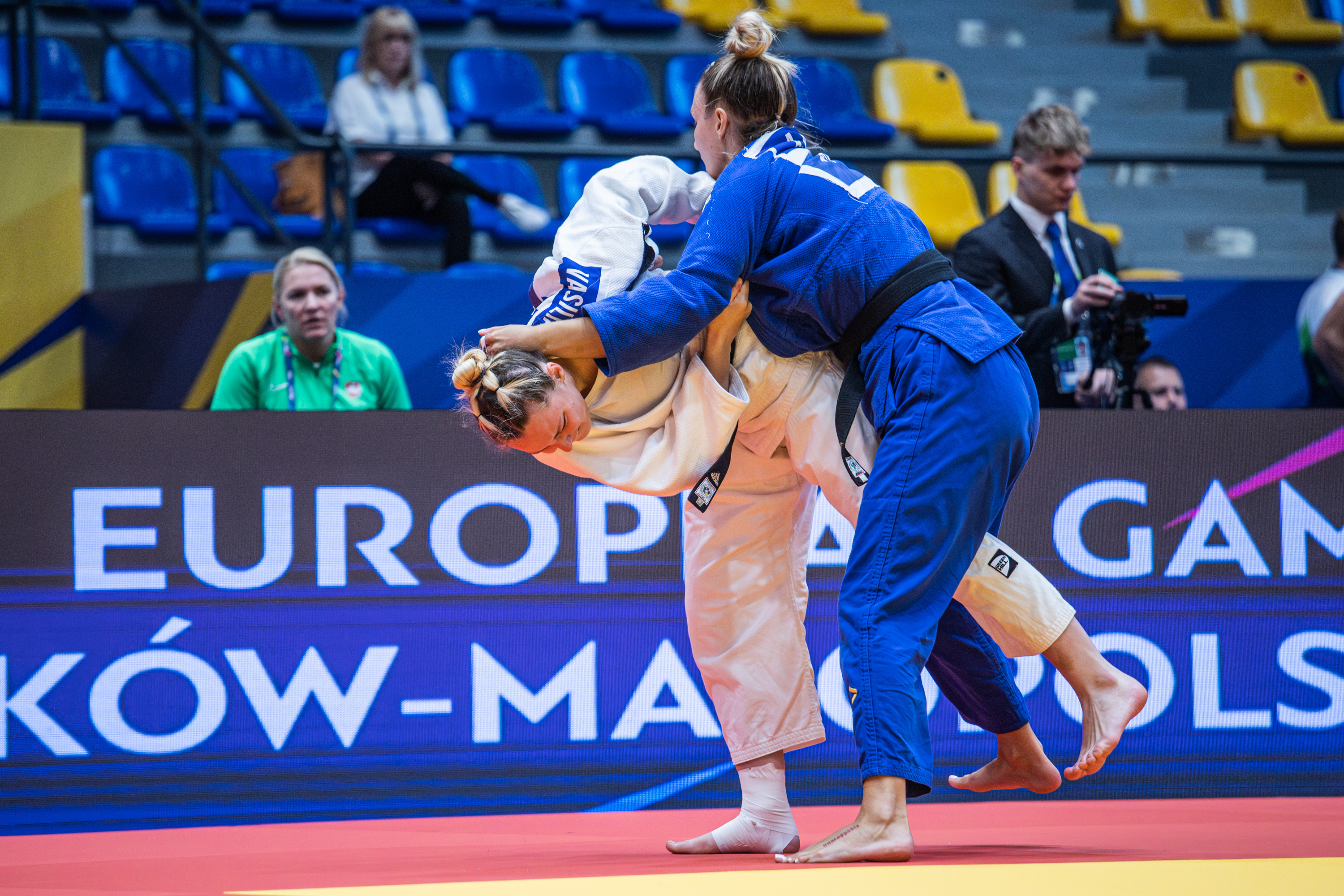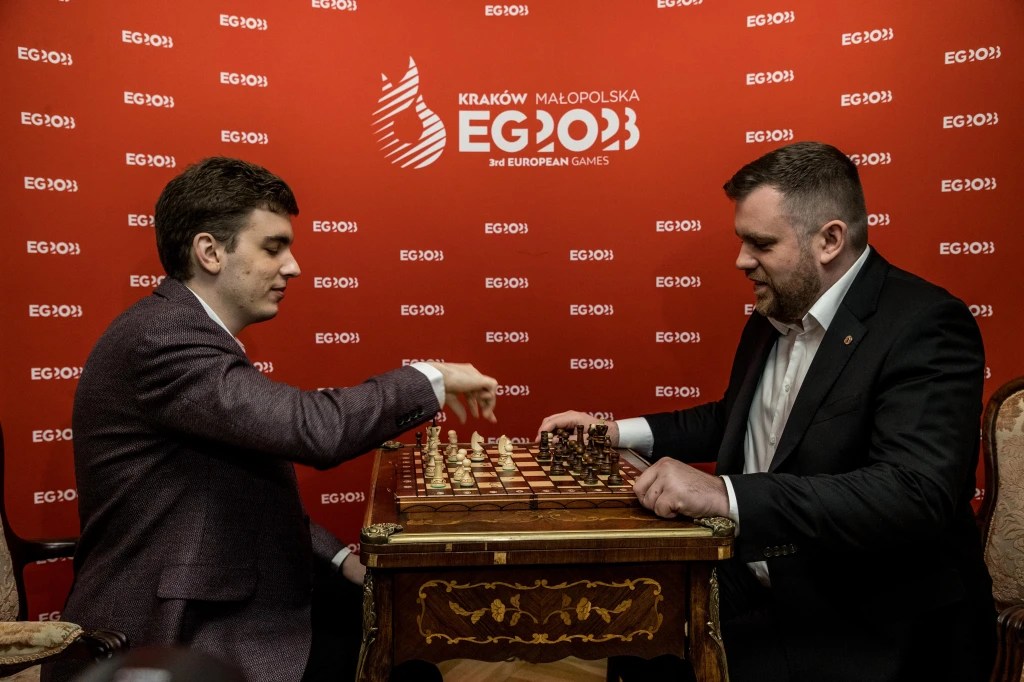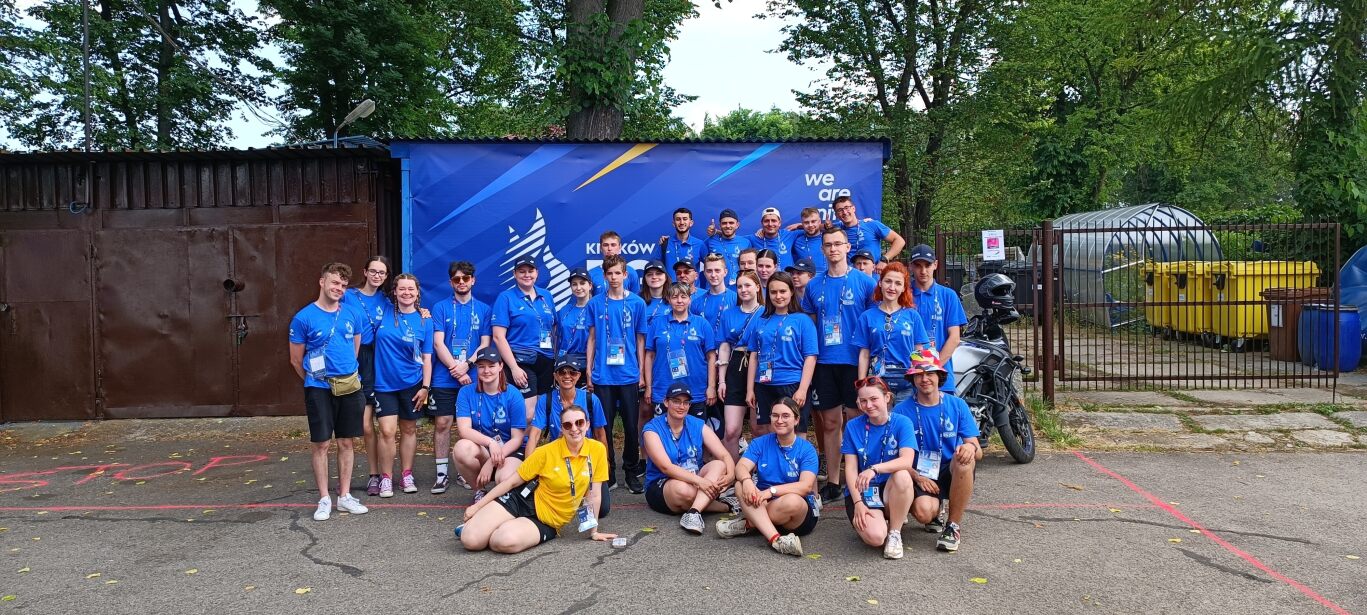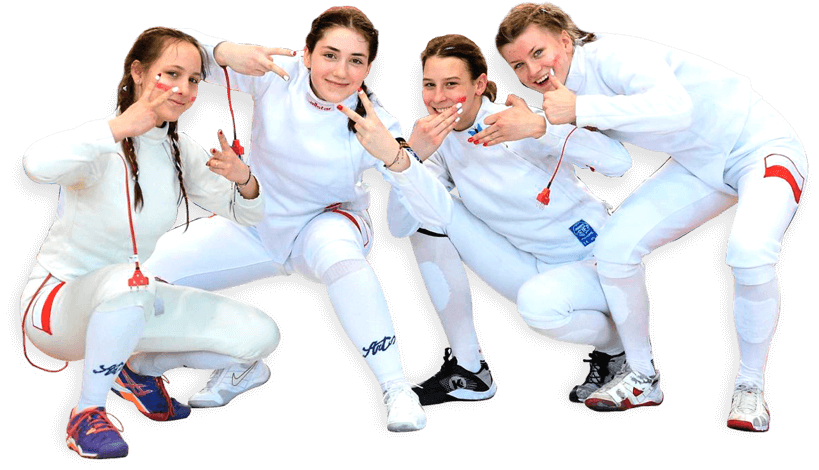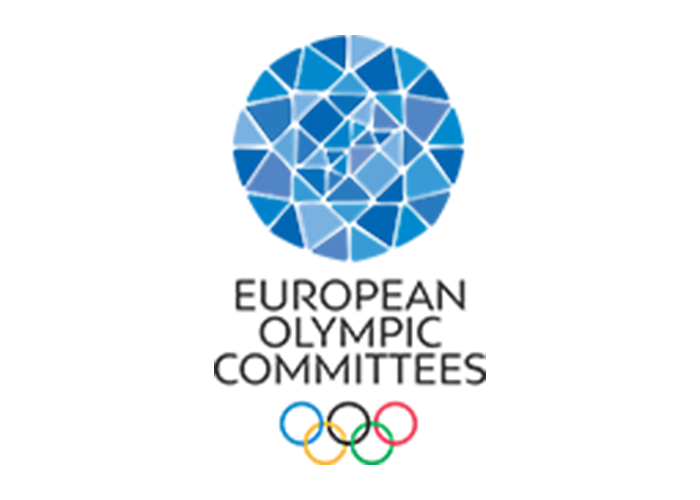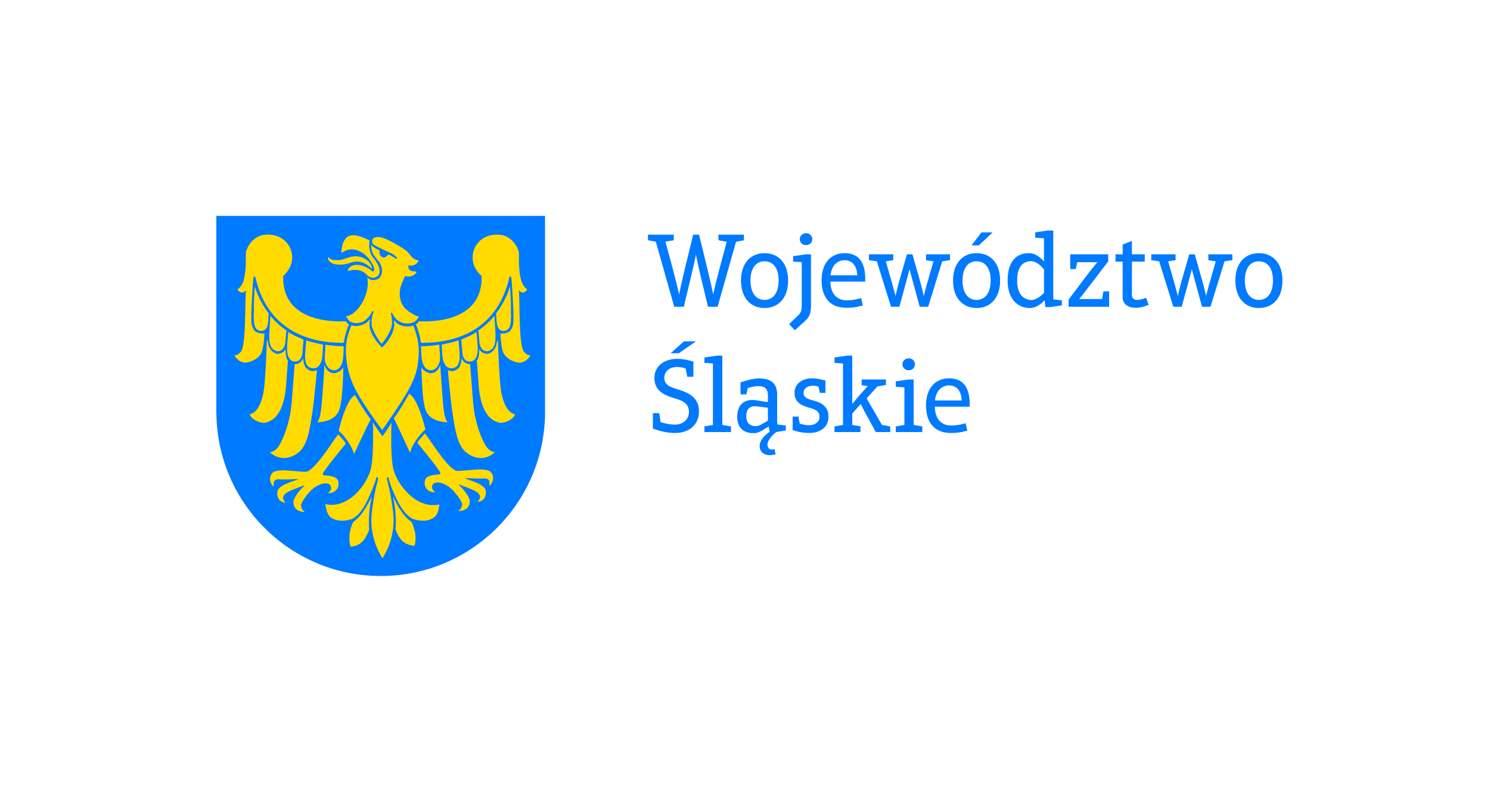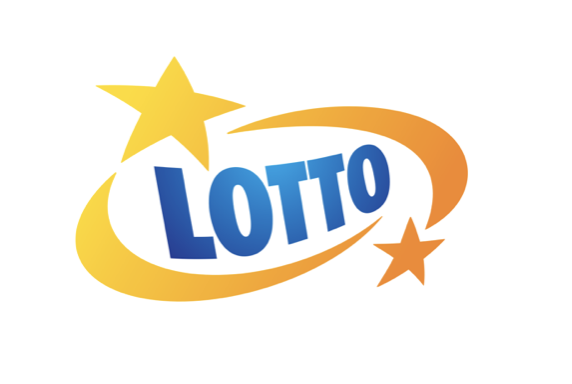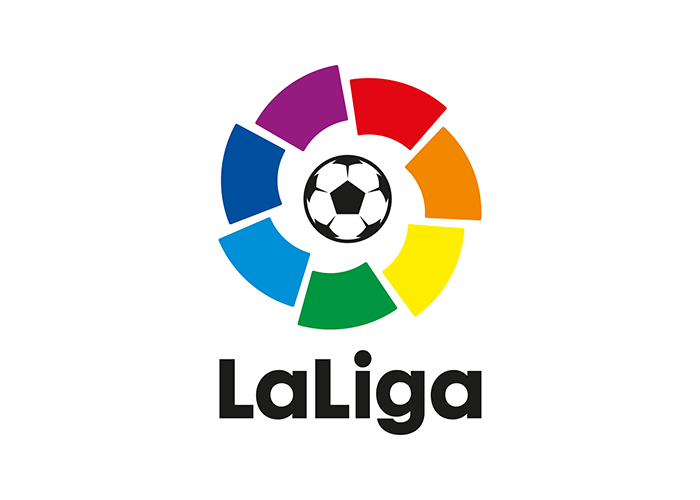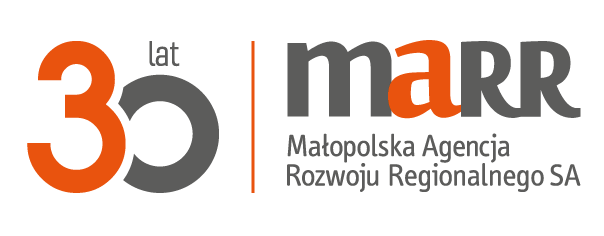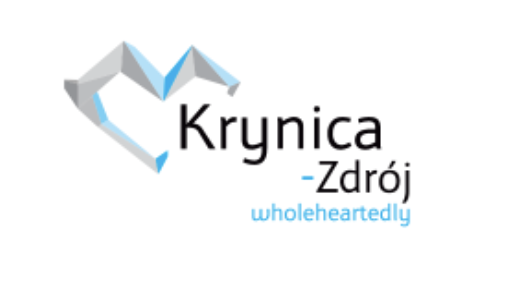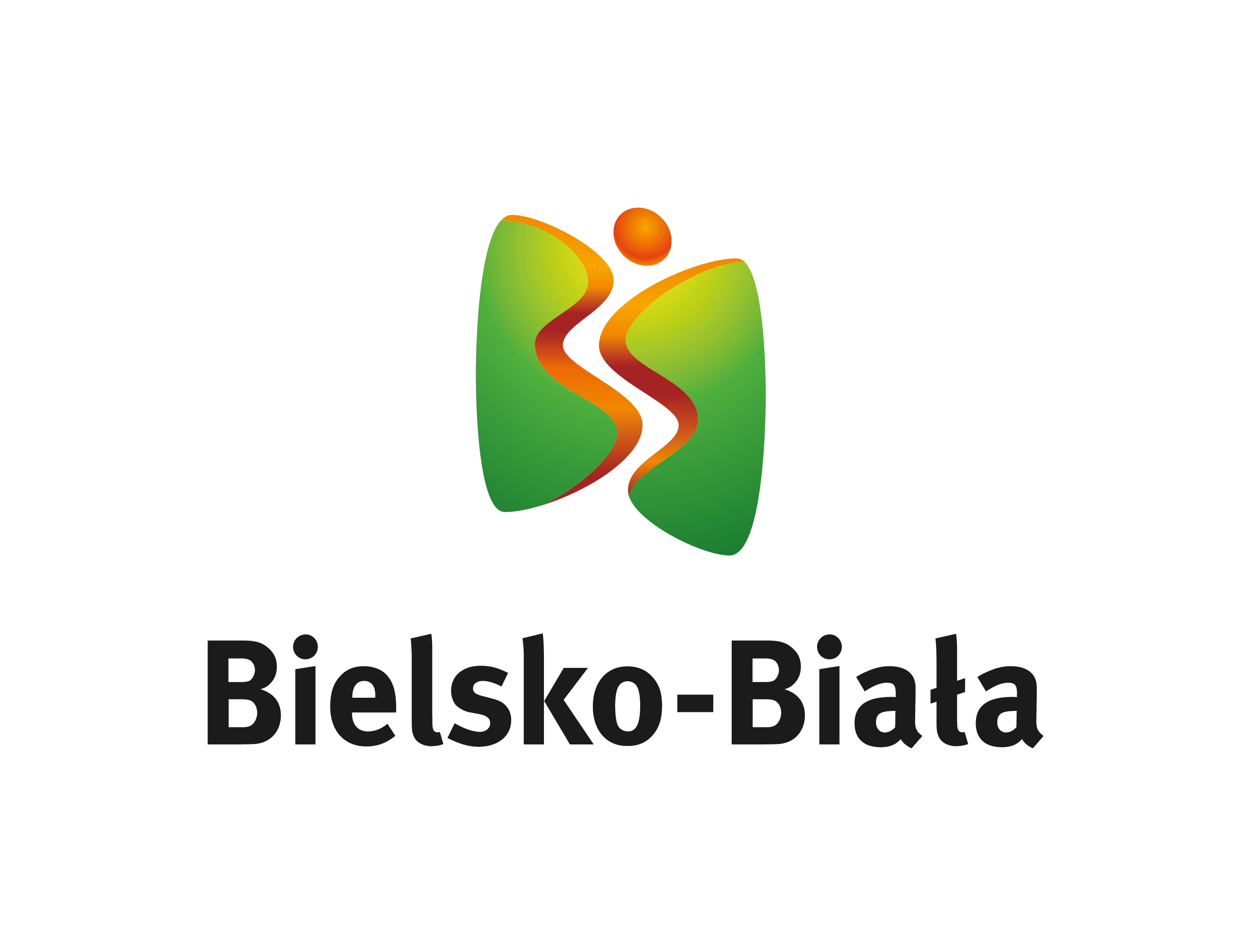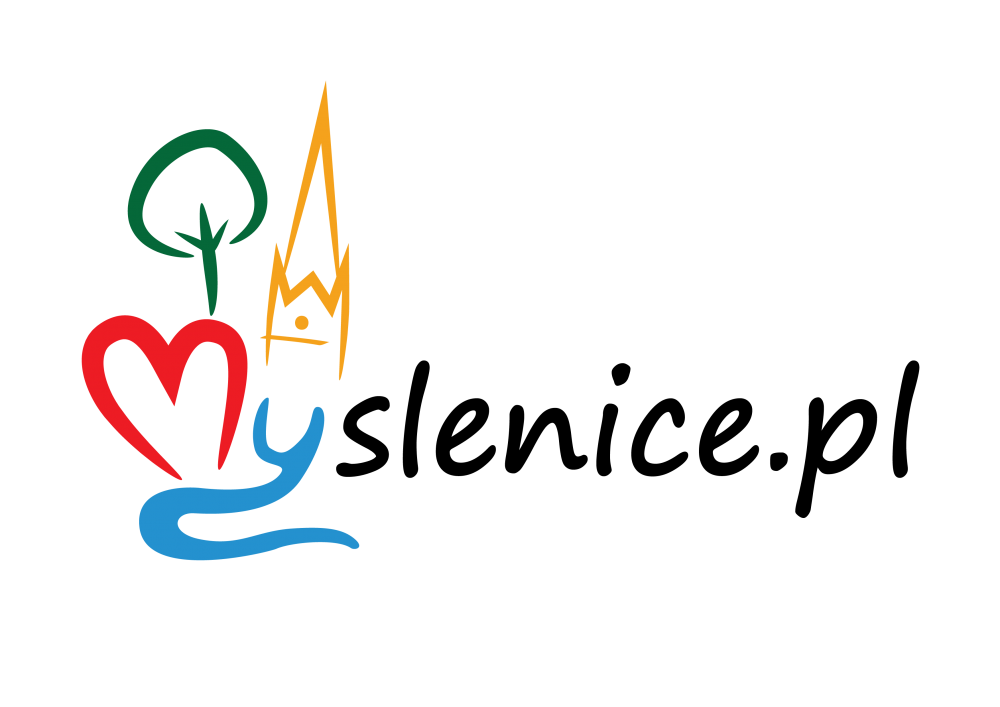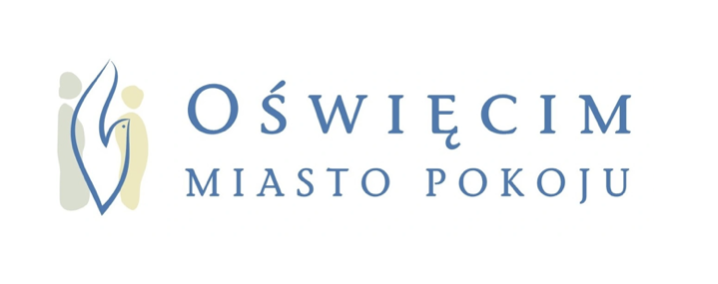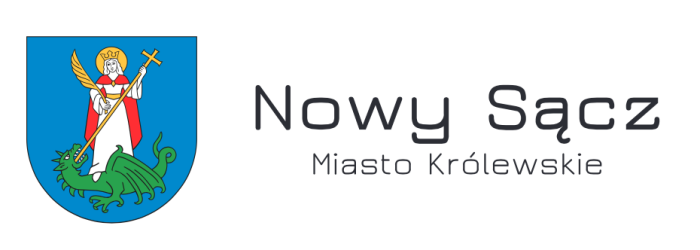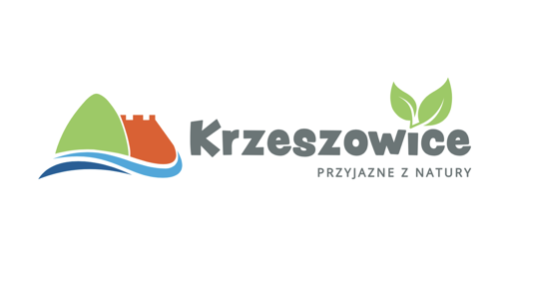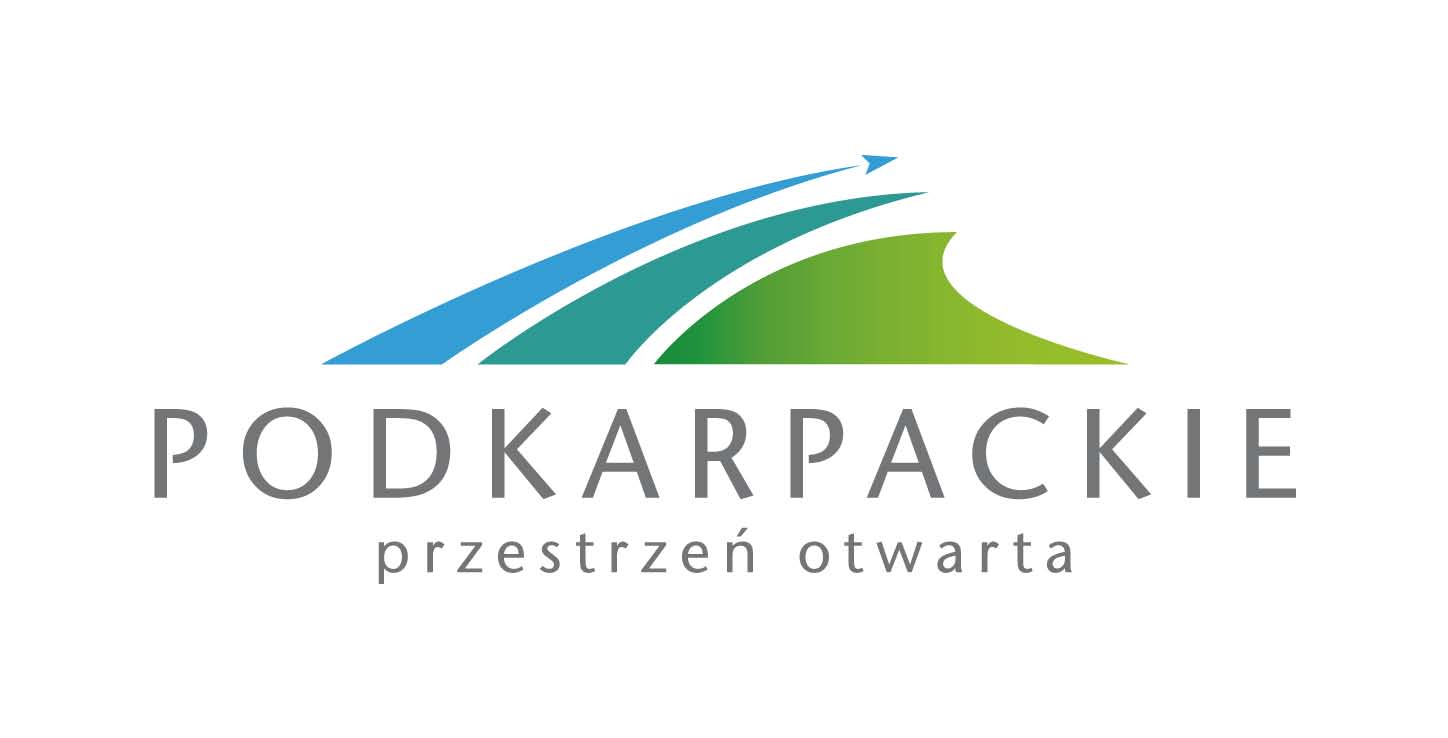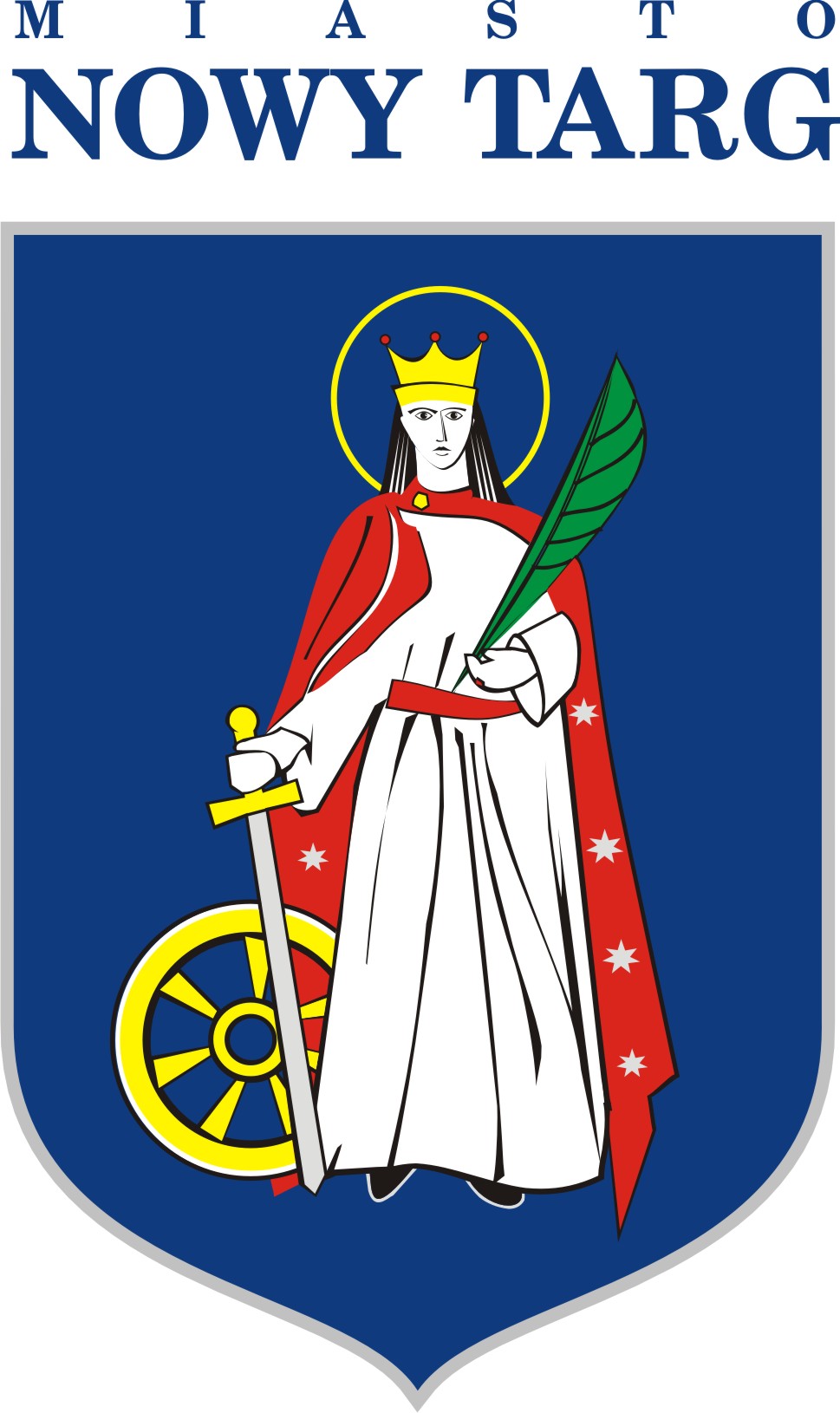Zofia Piórkowska: It was love from the first time I grabbed the padel racket
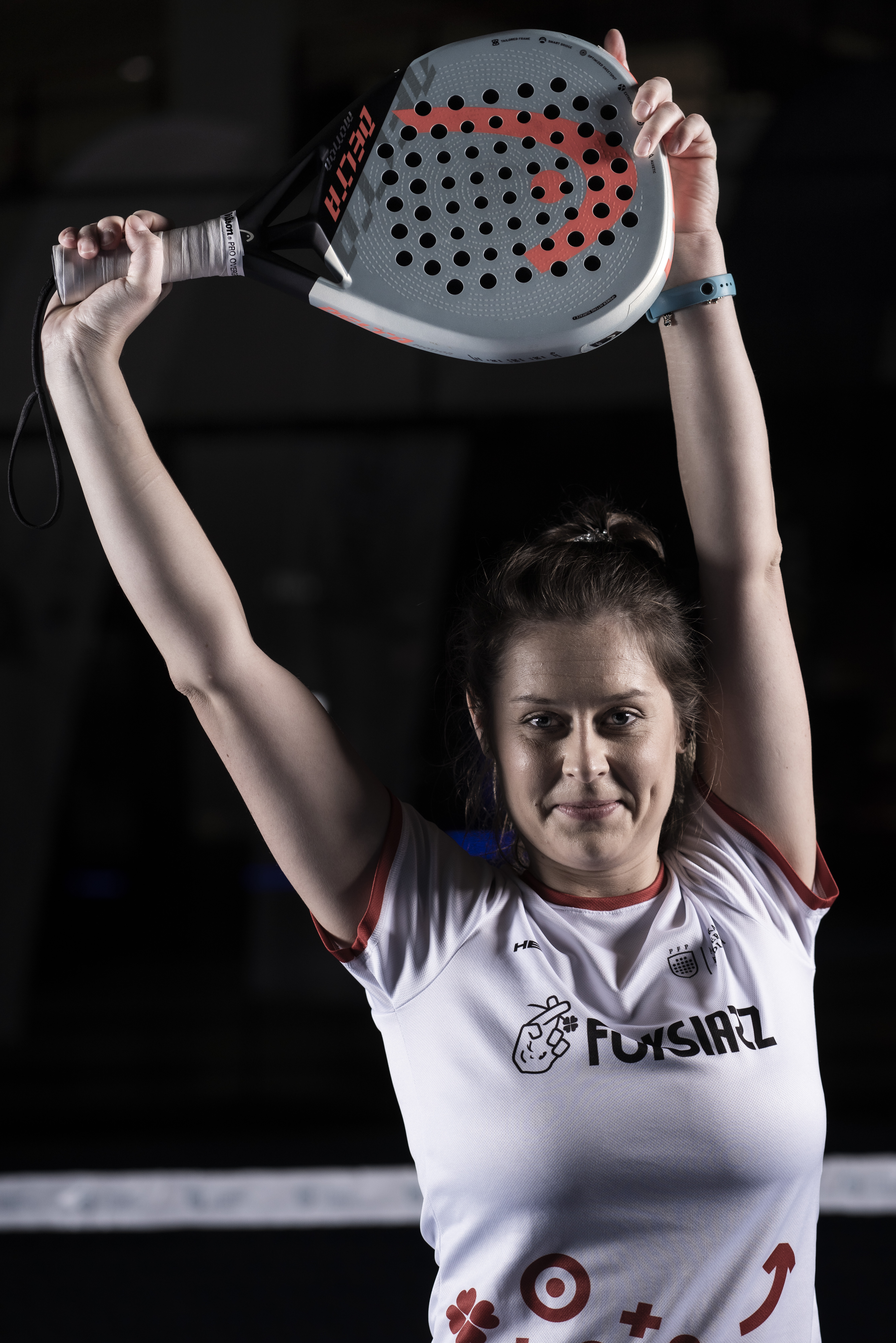
Padel – until recently mysterious and enigmatic, today one of the fastest growing sports in the world. The unusual combination of tennis and squash is also winning the hearts of Poles, and soon the spectacular tournament will be a part of the European Games in Krakow. Among those who are preparing for the competition is current Polish Champion, Zofia Piórkowska, who told us about her road to the top, unshakable determination, combining her passion with her medical career, and above all – about the immense joy and feeling of childlike carefreeness that playing paddle brings.
How did your padel adventure begin and what made you fall in love with the sport?
I went to play padel for the first time with my then boyfriend. It was about five years ago. Up until then I had been playing tennis, but we decided to see what this padel thing was, that he had heard about from his friends. It was love from the first time I grabbed a padel racket. I think I was captivated mainly by the great spontaneity in padel, the feeling of freedom, and pure, almost childlike joy. I have since abandoned tennis and began playing padel instead.
At first glance, tennis and padel are very similar sports. What are the main differences between them?
I always talk about padel as a combination of tennis and squash. I think what makes padel different from tennis, is that it’s much easier to start playing. I teach a lot of beginners, and I’ve noticed that after just around 15 minutes, regardless of gender, age and previous experience with racket sports, everyone is able to keep the ball in the court, and get a lot of fun and satisfaction from it. It is less technically demanding – instead tactics, stamina and patience are very important. It has much more spontaneity and joy in it.
Padel is one of the fastest growing sports in the world. What does It look like in Poland – is also popular here?
I have been in the game for last 5 years, and over this time I have seen how much is happening, and the dynamics of development of the sport. Initially enigmatic and mysterious, it is now more and more recognized and common in Poland. More and more new facilities are being built, and because the popularity is rapidly growing, there was a shortage of places to play. I am happy to see that more and more people are enjoying padel, and that all the courts are occupied during the week. I also don’t see that many surprised looks on people’s faces when they ask me what I’m training and receive the answer “padel”. It’s also worth noting that this year is a breakthrough year for this sport, which is new in Poland, because for the first time it will be one of the competitions at the European Games, which will be held in June in Krakow.
And what did your path to becoming the Polish Champion look like? Are you able to point any breakthrough moment in your career?
Well, my road to the championship was all about dedication, hard work and millions of hours spent on the court. When I started playing padel, I didn’t think I could achieve so much. But I put a lot of heart into it, and it brought results. Regular training, sparring matches and participation in tournaments did their job. Despite numerous defeats, I didn’t give up, I gritted my teeth and kept fighting. I think that, above all, my commitment and love for the sport played a part in this. I can’t hide the fact that many years of playing tennis and a general knack for the sport didn’t hurt. It’s hard for me to pinpoint a breakthrough moment, because every success, minor or major, is still a great satisfaction and reward for me.
You talk about millions of hours of hard work on the court, and at the same time you managed to become a doctor. How did you combine such demanding studies with your sports career?
Yes, I am a doctor by profession, although only at the very beginning of my journey. My padel adventure began when I was in my third year of medical school. I knew from the beginning that I would do my best to combine my studies with sport. And I succeeded. It was sometimes difficult due to the perpetual lack of time and fatigue, but I have no regrets. Padel was, is, and will be for me a break from problems, a rest, and an escape from gray reality and routine. Against all odds, it has helped me learn to plan and use my time more efficiently, and keep my mind fresh and balanced. I can confidently say that padel has helped me get through difficult times. I should add that I have never had to pull an all-nighter. I should also mention another padel player, one of the leaders of the WPT, Marta Ortega, who is also a doctor.
It seems that your life is extremely busy. How do you relax? Do you have time for any other hobbies?
My passion is padel, so I actually don’t need anything else (laughs). It is also my form of mental rest, very effective by the way, which I recommend to everyone. It is a very social sport, which gives me great opportunities to combine my passion with building relationships. Currently, with regular work at the hospital and full involvement in the padel, my time is limited, but it is not burdensome for me. Outside of the padel, I am happiest relaxing surrounded by my beloved furries – fun fact, I have four cats.
And going back to sports – what is your biggest dream at the moment?
Oh, that’s a difficult question. I think I am still in the process of fulfilling such a dream. I think I would be immensely happy to play an equal match with the leaders of the women’s padel at a WPT tournament.
Meanwhile, the biggest multidisciplinary sporting event in the history of Poland is ahead of us. What do you think about Polish padel players’ chances at the European Games?
The European Games in Krakow are just around the corner. We are preparing solidly for this great event. A lot depends on the draw. Unfortunately, we are still absolutely dominated by the Spanish and Portuguese, so keep your fingers crossed that we meet not sooner than in the finals. I think we have a great chance to fight, especially against the countries of Central and Eastern Europe. We will certainly give our best. A huge spectacle is being prepared.
Spectacular sport will get an equally spectacular setting at the Games – the skills of the best European padel players will be admired among the historic buildings of the Main Square in Cracow. I can only imagine, it’s quite an unusual setting of the match.
That’s right, it will be a unique opportunity. Most of the padel venues I’ve played at so far have been far from the city center, in, let’s call it, visually unattractive places. Let’s just hope the beautiful views won’t distract us or the fans.
We’re already keeping our fingers crossed! The tournament will also be a great opportunity to inspire, especially younger generations, to fall in love with this sport. So, to sum up, maybe a few words of encouragement – why is it worth training padel?
Padel is a sport perfect for everyone, regardless of age or gender. After just a few minutes, we are able to maintain exchanges between each other, which makes it very good for socializing. There is a lot of spontaneity, joy, laughter, and fun. There is no feeling of unhealthy rivalry. The exchanges can be really long and impressive. While playing padel you discover the inner happy child in you. You forget about problems and sorrows, completely giving yourself over to what is happening on this “caged” court. For me, the padel has helped me get through many difficult times, and more than once pulled me out from feeling down. I strongly encourage everyone to try it, because it really is insanely easy – at least at the beginning (laughs) – and what an addictive activity it is!
